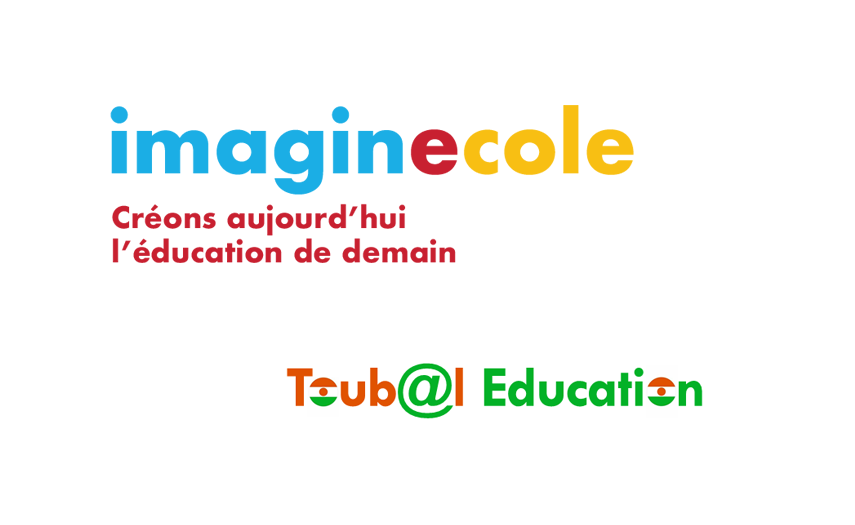
In Zinder, school enrollment and performance indicators are the lowest in Niger. The Nigerien authorities also identify a lack of teachers and require their skills to be strengthened.
The IPSEZ (Innovative Partnership Scheme for Education in Zinder) is particularly interested in the transition between primary and secondary school, in order to keep children in school as much as possible.
This system aims to strengthen the teaching practices of teachers through the use of digital technology, to support educational remediation for students through the use of digital technology and to energize a French-speaking ecosystem bringing together institutional, educational and cultural actors.
Over two years, from June 2022 to May 2024, seven schools will benefit from and test the system in a process of familiarization with digital tools and new teaching practices.
Thus three primary schools, a middle school, a boarding school for middle school students and a 1st and 2nd degree boarding school with a vocational training center will have computers for teachers to create modules and tablets for students to follow and use these mods. In the context of boarding schools, the use of the tablet will be used mainly for the remediation of students, during rehearsals (after class). Between 2023 and 2024, all the modules produced will be imported and available on the Toub@l Education country platform (Imagincole device platform for Niger).
Led by the French Embassy in Niger, this partnership mechanism representing a budget of €450,000, brings together various actors and institutions such as the Regional Directorate of National Education (DREN), the Departmental Directorates of Zinder, Mirriah and Takeita, the Normal School of Teachers of Zinder (ENI), the Regional Pedagogical Inspectorate (IPR) and the Franco-Nigerien Cultural Center of Zinder (CCFN). But also Center Culturel Franco Nigérien de Zinder, Milliweb (French EdTech) or Réseau Canopé (French operator of continuing education for teachers) whose teacher-trainers support face-to-face and remotely a team of ten trainers (inspectors, pedagogical advisers and supervisors of the ENI) and local teachers in the scripting and contextualization of educational resources via digital technology.